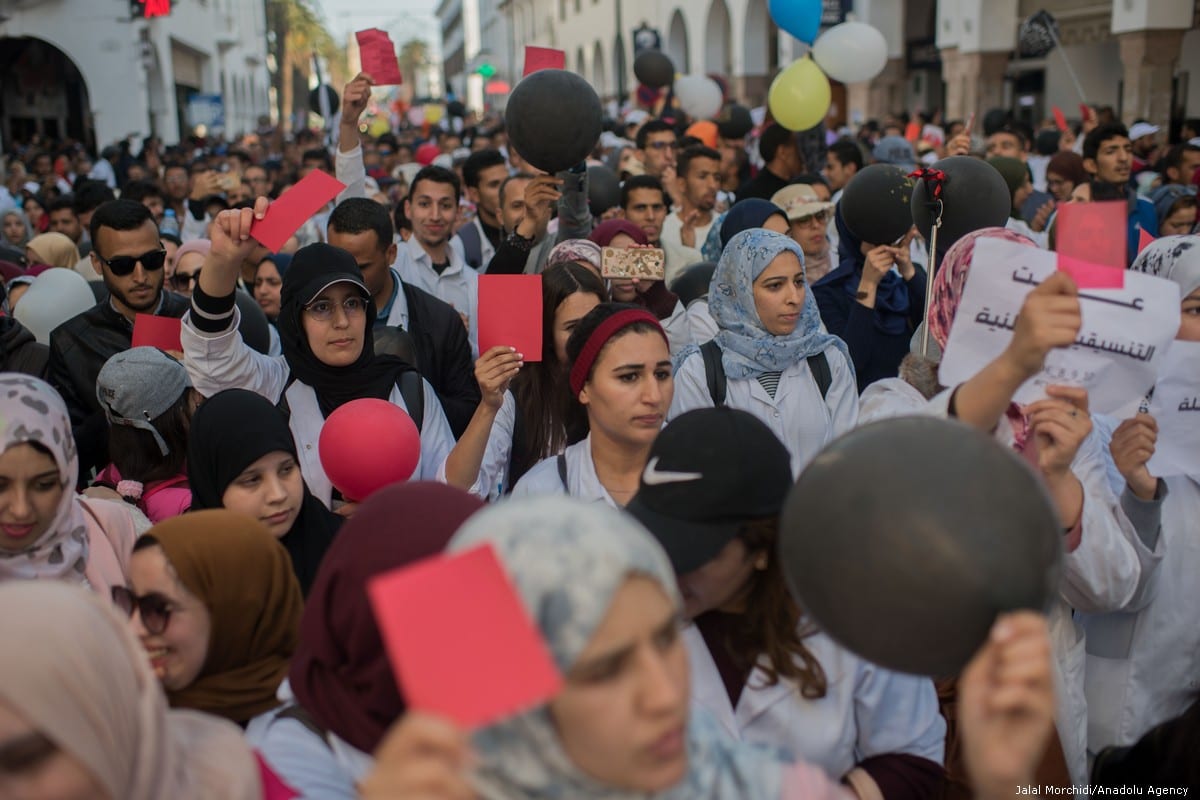In Morocco, scholars across a range of disciplines face an academic landscape filled with challenges—from underdeveloped research infrastructure and limited access to leading international journals, to the absence of strong policy frameworks that support scientific innovation, especially among early-career researchers. These issues are compounded by the increasing rigor of global publishing standards, which often limit the visibility of Moroccan research on the international stage. Now more than ever, we must rethink how we approach academic publishing, its quality benchmarks, and the strategies we need to ensure meaningful participation in global scholarly conversations.
Publishing Is a Global Game
Academic research, in principle, is universal: it seeks to transcend borders and speak to a worldwide audience. Yet in practice, Moroccan scholars often face a significant hurdle—the linguistic dominance of English. Like it or not, English has become the gateway to the most influential journals in academia. Even those who seek to challenge this dominance find themselves compelled to publish in English to gain international recognition—and perhaps to change the system from within.
Rethinking Publication Formats
Journals First
Peer-reviewed journal articles, especially those published by reputable presses, are widely considered the gold standard in academia. This is largely due to the rigorous peer-review process, which guarantees quality and accuracy. While some academic books also undergo review, they rarely match the level of scrutiny applied by top-tier journals.
That’s why researchers aiming for serious academic recognition should prioritize publishing in high-impact journals. These platforms not only validate research through peer review, but also ensure its wide dissemination and professional recognition. Once researchers have built a solid foundation of journal publications, they can move on to books—ideally with established publishers who value a strong track record of peer-reviewed work.
What Makes a Journal Prestigious?
There’s a common belief that if a journal is “indexed,” it must be high quality. But indexing is only a technical indicator. The most respected global standard remains the
Impact Factor
, which reflects how frequently a journal’s articles are cited—essentially, its influence within the field.
Books: Rich, but Uneven
Edited volumes—books that collect contributions from different authors—can offer thematic depth and diverse perspectives. They may include previously published chapters or present new work from conferences and research projects. However, their quality can vary widely. Some chapters are deeply analytical; others are not. For students and early-career researchers, relying on such volumes as core references requires a critical eye.
Likewise, encyclopedias and academic handbooks often summarize theories and ideas without exploring their foundations. These are useful tools but should not serve as primary sources for advanced research.
No Room for Self-Publishing
In academic research, self-publishing lacks credibility. Without independent peer review, a work cannot be considered scientifically rigorous. Scholarly publishing must involve external, qualified evaluation.
The Academic Book Market
Many academic books published today—particularly by lesser-known or non-academic presses—lack real scholarly value. High-quality books in the humanities and social sciences typically come from a small group of globally recognized publishers, some affiliated with top universities. A handful of second-tier presses also maintain solid reputations. These books generally fall into two categories:
-
Series titles
, which are part of curated collections overseen by field experts and subject to stringent review processes.
-
Standalone titles
, evaluated by independent reviewers and approved by publication committees.
Both formats can be valuable, but the former tends to carry more prestige.
Publishing in English: A Necessary Step
Publishing in English has become essential for researchers seeking global engagement. Moroccan scholars producing high-quality work but lacking fluency in English shouldn’t hesitate to collaborate with colleagues who can help with language. This is standard practice in academia and in no way diminishes the value of one’s research.
Publishing in French remains a valid option, provided the work appears with a respected francophone press—a rare but valuable route. Such publications often attract attention from translators, researchers, and major English-language publishers due to the credibility of the original publisher.
From Morocco to the World: Creating Quality Journals
Once a researcher has earned strong academic recognition, launching a journal based in Morocco—in partnership with an international publisher—can be a powerful way to internationalize Moroccan research. But there’s little benefit in flooding the landscape with journals that offer no added value or measurable impact. These can become burdensome and divert young scholars away from more meaningful opportunities—especially when institutional pressure pushes them to publish quickly rather than well. I’ve read articles by young Moroccan researchers that deserve to be in top-tier journals, yet they end up in obscure, low-visibility outlets.
The same applies to research centers: they should emerge
after
researchers have built a solid publishing record. A center’s reputation should grow from the strength of its members’ work—not the other way around.
There’s Value in the Process
Submitting to high-ranking journals—even if a paper isn’t accepted—offers invaluable experience. Reviewer feedback helps sharpen arguments, improve methodology, and align with international standards. It’s a learning process that pays off over time.
The Importance of Academic Networks
Perhaps the most alarming issue is the near-absence of Moroccan researchers in international academic networks. This is especially true in my own field. Without these connections, Moroccan scholarship remains isolated, missing out on vital opportunities for collaboration, conference participation, and engagement with the latest research.
To change this, we must focus on two fronts: improving the quality of research and expanding participation in global publishing. These efforts must be paired with the development of credible Moroccan academic institutions. Only through collaboration—between researchers and institutions—can Moroccan scholarship gain the visibility and influence it deserves on the world stage.
—
Author
of
Self-Care, Translation Professionalization, and the Translator’s Ethical Agency –
Ethics of
Epimeleia Heautou
The post
Opinion: It’s time for Moroccan academic researchers to raise our global profile
appeared first on
English – Morocco News
.







